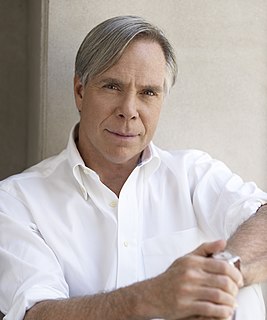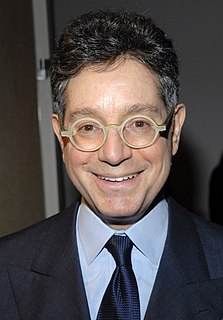A Quote by Andy Warhol
Related Quotes
In '68 I was 13 years old, so I was a child, but I felt a lot of excitement in listening to things, looking at the pop art coming over from America. My father was an art collector, and he was coming home with these strange pieces of art that weren't exposed in museums. At the time, it was quite revolutionary, very adventurous.
Maybe Japan itself is a little similar in that a lot of young people seem to have a little knowledge but not too much depth. I guess my perception of the art specialists in America or in Europe is that the art people are kind of mainly just the art people and that community is self-contained. But in Japan, it mixes with fashion and other things. I'm sure that many authentic art dealers or insiders didn't like the way that we presented our show in this very pop-y, accessible manner - just showing parts of our collections and selling prints and collaborative products.
Well, things hold up even if they sound dated. It can be very difficult to listen to 80s pop songs with really, really gigantic smashed drum sounds. You just want to turn that gated reverb down on the snare. It sounds wrong now. It sounds amateurish. And ugly. But at the time it sounded state-of-the-art. So yeah, I think it's important not to sound state-of-the-art in a way that anybody else is going to sound. Or you'll quickly sound like yesterday's state-of-the-art.






































